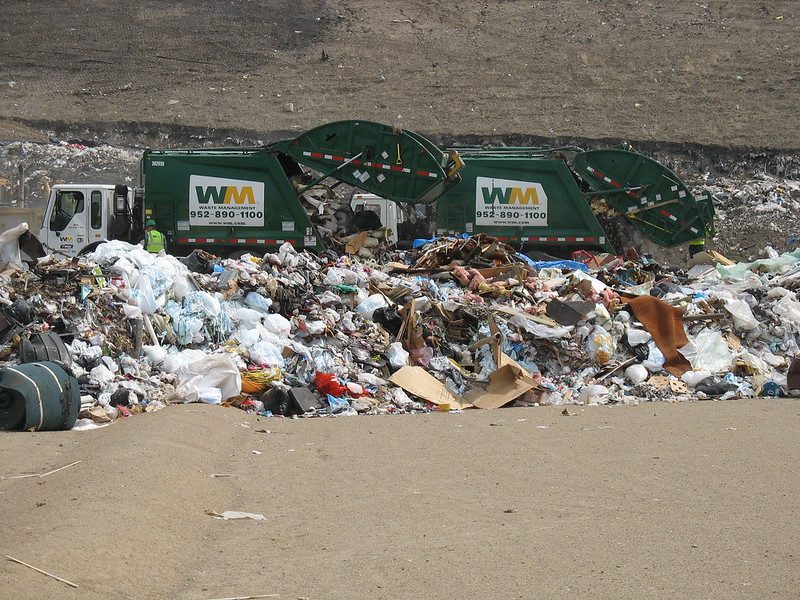In 2019, 187 countries voted to amend the 1989 Basel Convention to include plastic waste in the definition of hazardous waste, and to strictly limit how that trash is traded internationally. This excluded the US and Haiti; the US is still sending plastic waste to developing countries like Vietnam and Malaysia, threatening world plans to stem the use of plastic waste.
—
What is Happening?
- The amended framework came into effect on January 1 this year. UN officials hoped that the agreement would curb ocean plastic within five years. Supporters of the convention hoped that it would allow developing nations such as Vietnam and Malaysia to refuse low-quality and hard-to-recycle plastics before they were shipped from developed nations.
- When the new rules were being implemented, the US had not agreed to the amendment despite the fact that it produces most of the world’s plastic waste. However, proponents say that the amendment would still apply to the US anytime it tried to trade plastic waste with any of the participating 187 countries.
- According to the Basel Action Network (BAN), a nonprofit organisation that lobbies against the plastic waste trade, participating nations are prohibited from trading waste with countries that have not ratified the Basel Convention. This creates an effective ban on plastic waste trade between the US and most of the world, making US plastic exports “criminal traffic as soon as the ships get on the high seas.”
- However, the amended rules are clearly not working- according to The New York Times, American exporters continue to ship plastic waste overseas, despite the fact that receiving countries have agreed not to accept it. In fact, the report showed that American exports of plastic scrap to poorer countries even rose.
- American companies are justifying waste shipments as being legal, saying that because the US never ratified the global ban, the global rules don’t apply to originating shipments.
- Much of the plastic waste collected in the US that is meant to be recycled actually ends up in overseas landfills and the oceans. A study found that the US is likely the world’s third-largest source of ocean plastic, not just because it is the world’s largest producer of plastic waste, but also because recyclables being sent to developing countries are often mishandled and discarded into the ocean.
You might also like: Changing the Rhetoric of Climate Change: The Fossil Fuel Non-Proliferation Treaty
Jim Puckett, BAN’s executive director, told The Times regarding the new trade data, “This is our first hard evidence that nobody seems to be paying attention to the international law. As soon as the shipments get on the high seas, it’s considered illegal trafficking, but the rest of the world has to deal with it.
Featured image by: Flickr

















